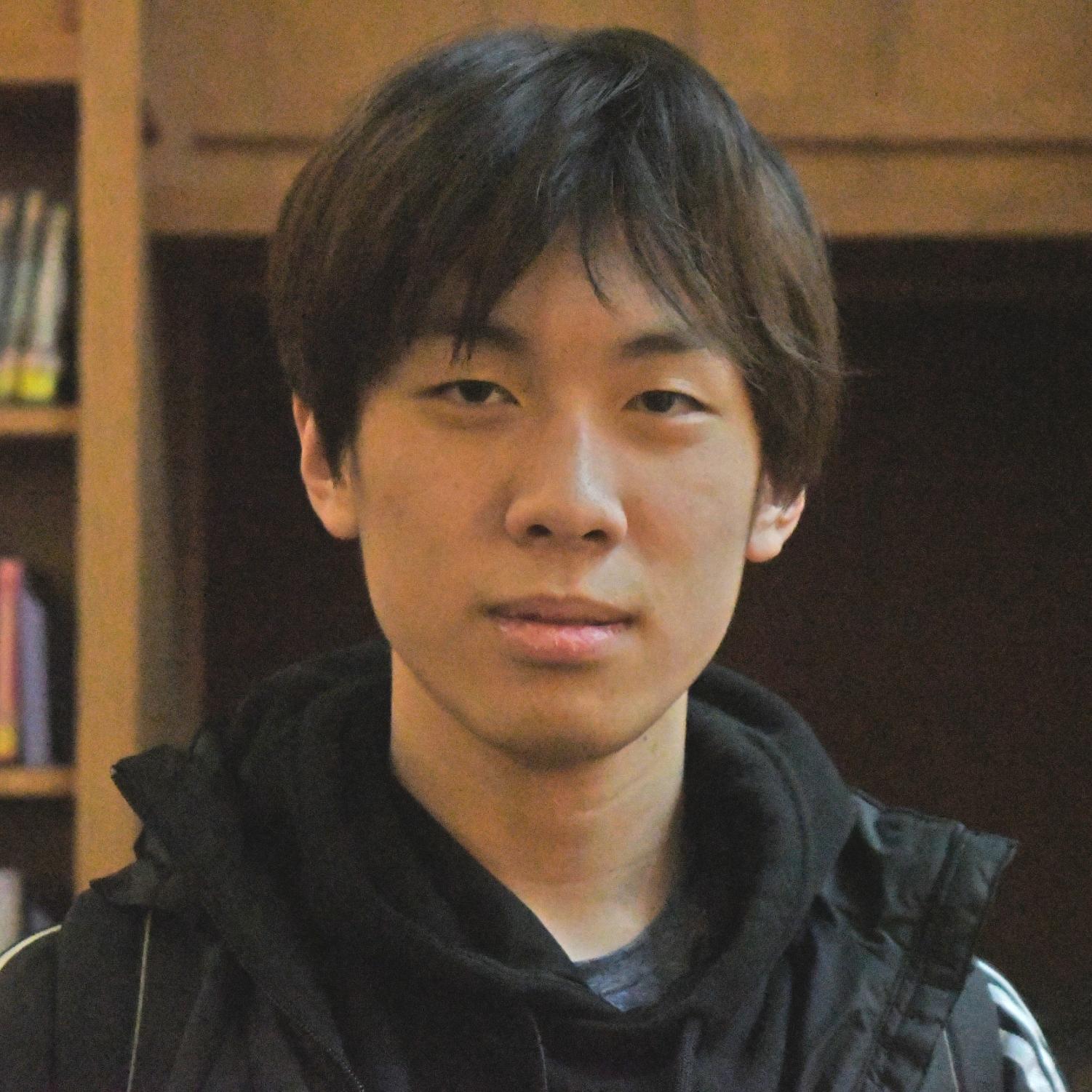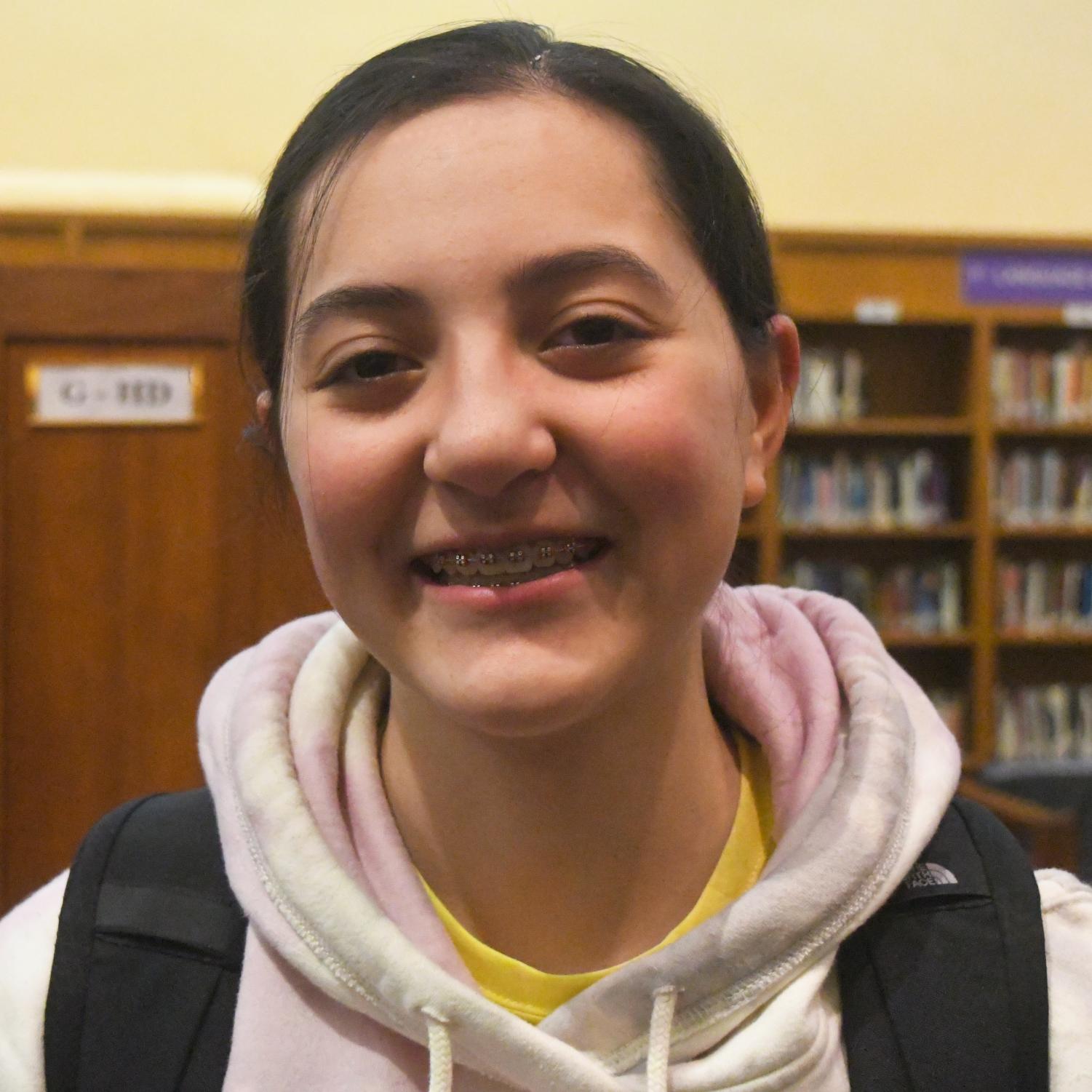Yes, Breaks Should Be Longer and Less Frequent
Students often complain about school breaks being too short. In Massachusetts, there is a requirement of 180 school days per year. With the summer vacation, weekends and holidays, that leaves only a few weeks of break. The current system at Boston Latin School consists of a short Thanksgiving break, then about a week each in December, February and April. It is important, however, to question whether or not this is the most beneficial schedule to maximize the happiness of students and faculty. The BLS community as a whole deserves better; longer and less frequent breaks are what we need.
More frequent breaks may appear satisfactory upon first glance, but upon closer inspection, breaks are more valuable when they are longer and less frequent. They create consistency rather than a fluctuation of breaks.
Private and charter schools in the greater Boston area have two-week breaks in March and December but none in February and April. If BLS were to switch to this schedule, it would better allow for students to spend breaks with their friends, family and those who attend other schools.
Frequent breaks mean more time to travel but less time actually relaxing and relieving stress. Traveling comes at a great cost to families. BLS Italian teacher Mr. Freddy Rodriguez-Diaz expresses, “The airport personnel are rude, they lose your baggage, flights are delayed, you have many layovers, you miss a layover. […] It is not fun traveling.”
Longer breaks, on the other hand, allow for more flexibility in regard to traveling and vacationing. People do not have to worry about having jet lag when they return or missing school due to canceled flights.
Some may argue that more breaks provide more opportunities for stress relief, but constant on-and-off breaks from December to April are disruptive to school and club schedules. The current system strips students of their academic mindsets multiple times throughout each school year, while simultaneously preventing them from experiencing the bliss of rest — one week is insufficient to fully relax.
With only one week, students are able neither to fully adjust to a vacation mindset nor to revert back to an academic mindset when it is time to return to school. With two weeks, however, students will be ready to return to school energized after fully relieving their stress.
Short and frequent breaks also add turbulence to the already heavy burden on teachers. It is difficult to anticipate altering due dates for larger assignments around breaks or planning out assessments. For example, returning from December break is met by a hysterical flurry of events, with finals week planned within the following weeks and term grades closing soon after.
There are many ways to implement the break schedule, but students and teachers benefit most from longer, more infrequent breaks. Next school year, Boston Public Schools should change the school schedule by abolishing February and April breaks to create room for two-week breaks.
No, Breaks Shouldn’t Be Longer and Less Frequent
Breaks from school are a universal joy that every student looks forward to. These periods provide a chance to step back from work and, more importantly, to cherish time with family and friends. Fortunately, the current Boston Public Schools schedule, which allots one-week breaks every few months, gives students perfect opportunities to do so.
While many private schools offer a two-week vacation in March and two-week break in December, it is by no means a superior model. Shorter, more frequent breaks are more beneficial to students’ success because they lack the downsides of lost learning time, high stress and disruption to extracurricular activities.
As students prepare for a long break, such as the winter holidays, their anticipation is reflected in the days before. It is difficult to focus and retain the lessons their teachers give as their attention spans slowly wane, so teachers often spend additional time going over content.
While on break, students’ schedules are very different from the ones they abide by upon returning to school. As a result, the first few days after break are spent readjusting to their regular routines rather than learning, and students lose valuable learning time.
With a shorter break, however, students are motivated to accomplish much more. Sadie Bornhorst (III) states, “After coming back from [shorter breaks], getting back to school is not very difficult because I know that I will have a short week and or an upcoming break.” If students have something short but sweet to look forward to, they will make the most of the time that they have in between.
Getting rid of one-week breaks in February and April, especially in the absence of long weekends, would feel monotonous and exhausting. Before having days off, BLS students would be subject to the stress of two important testing periods over the winter marking period: midyears and Term III midterms. Having time to reset is essential for students to avoid burnout. It also ensures that, when they return to school, they will be in a fresh mindset to learn.
Aside from academics, longer breaks would also affect students involved in sports and other extracurricular activities. Bornhorst remarks, “During the winter season, my coach would always schedule practices and games over breaks, other than holidays, and in the spring I would have two practices a day.” In the case of one-week breaks, taking a week off of practice is not nearly as disruptive as two weeks would be and it gives athletes more opportunity to spend time with family and friends.













